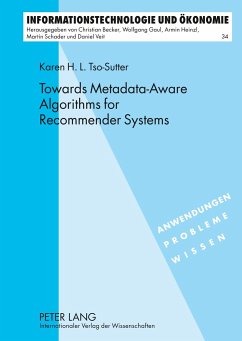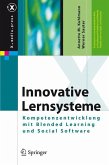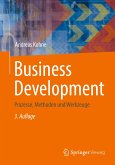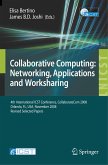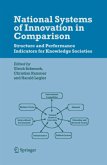As recommender systems (RS) allow means of guiding consumers through the overloaded choices of products available, the recommendation problem has always been of great interest for both academic and industry. Metadata such as content information about the items (attributes) have typically been used to enrich RS algorithms. Recently, the trend of employing RS has expanded to other e-communities such as social tagging systems, inspiring the possibility to exploit tags to enhance RS. This book reports several research gaps in metadata-aware RS algorithms. In particular, it discusses attribute-aware RS algorithms focusing on the overlooked item prediction problem as well as the new emerging challenge of tag-aware RS algorithms.

